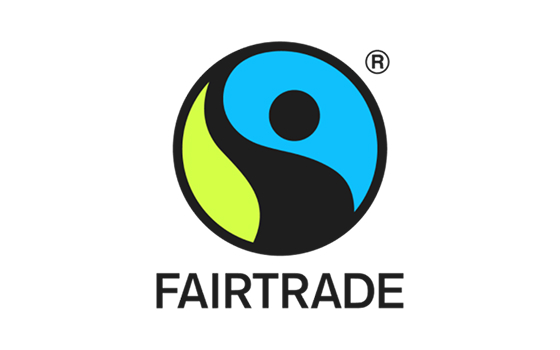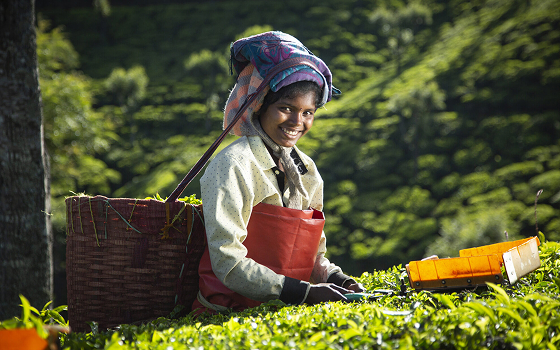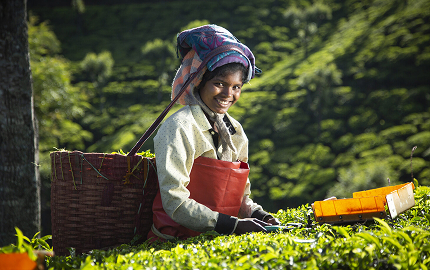
The Fairtrade certification sets rigorous social, economic, and environmental standards that all stakeholders in the supply chain must meet to address major issues such as poverty and the climate crisis.
Fairtrade establishes minimum prices for farmers and workers, providing a vital safety net in volatile markets. In addition, the Fairtrade Premium is an extra sum of money that farmers and workers can invest in community or business projects of their choice.
Fairtrade works with nearly 2 million farmers and workers in over 70 countries around the world.
When a supply chain is fair, farmers and workers benefit from safer working conditions and better incomes, enabling them to meet essential needs such as housing, healthcare, food, and education.
A trusted certification
According to GlobeScan (2025), Fairtrade is the most recognized and trusted fair trade certification in the world. It works with nearly 2 million producers in over 70 countries and labels more than 37,000 products distributed in 145 countries.


Fairtrade stands out for:
- strict standards monitored by an independent certifier (FLOCERT);
- a unique governance model where 50% of voting rights belong to producers;
- a minimum price that secures income despite market volatility;
- a Fairtrade Premium (US$228.4 million in 2025) invested in community or business projects.
Finally, Fairtrade actively combats child labor by addressing its root causes: poverty and lack of education. Many Fairtrade cooperatives also actively support women’s leadership and empowerment, challenging traditional gender roles in farming communities. Thanks to access to training, entrepreneurial
opportunities, and Fairtrade support, young people are reinvesting in their communities instead of migrating to cities.
Did you know?
Nearly 2 million farmers and workers are members of Fairtrade-certified producer organizations in over 70 countries worldwide.
